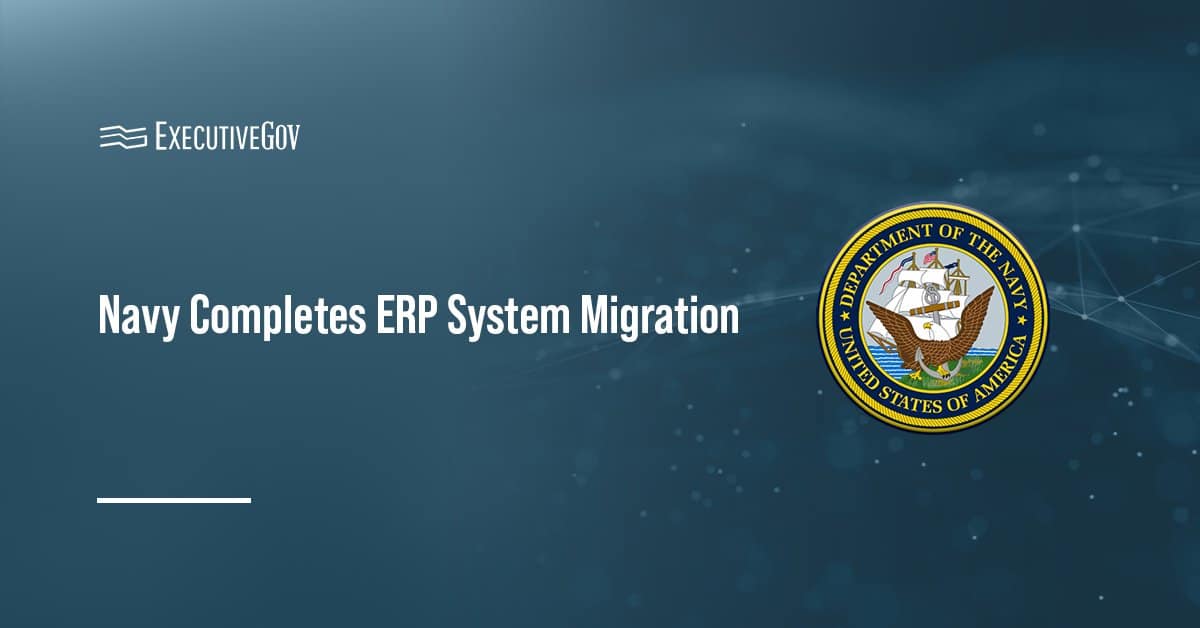Naval Surface Warfare Center's (NSWC) Crane and Dahlgren divisions have teamed up with academia to host a computer science certification program. Old Dominion University and the University of Cincinnati helped NSWC administer courses under a program for computational naval sciences, with funds from the Office of Naval Research, Naval Sea Systems Command said Thursday.
The program's first course ran in spring 2020 at the University of Cincinnati and succeeding activities took place virtually due to COVID-19 restrictions. Participants used computer science to address challenges faced by the U.S. Navy.
“It’s important to show students there are challenging problems where they can be part of creating a solution," said Mike Young, director of academic engagement at NSWC Dahlgren.





